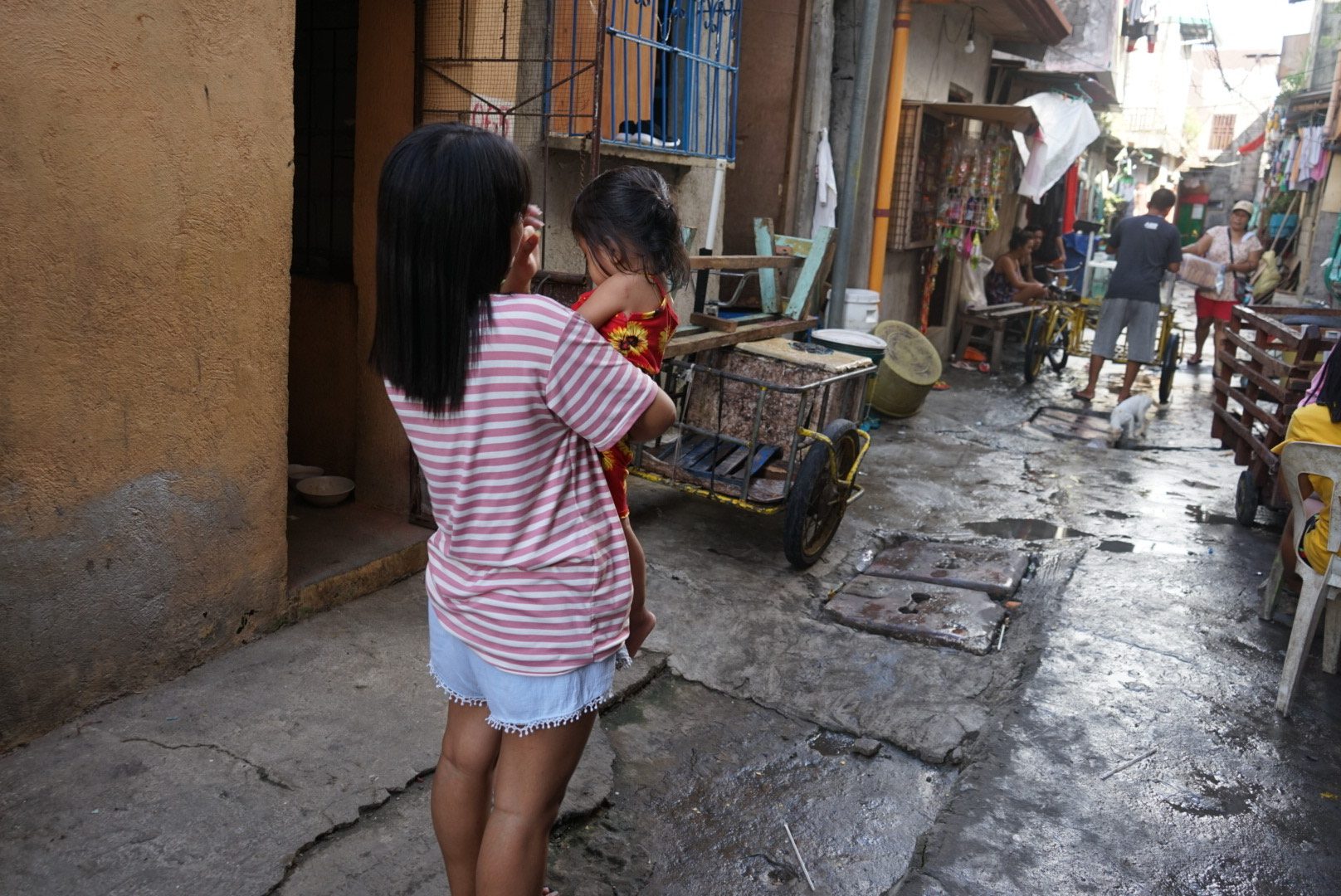SUMMARY
This is AI generated summarization, which may have errors. For context, always refer to the full article.

MANILA, Philippines – Laguna Representative Sol Aragones, who refiled the prevention of teen pregnancies bill in the House after it languished in the 17th Congress, believes that the bill will meet the President’s pen this time around.
Aragones sounds more upbeat despite the cold reception when she filed it with the 17th Congress.
In the Senate, its counterpart was filed by Senator Risa Hontiveros. The Senate version was approved on the third reading while the House version only reached the committee level.
There are at least 3 versions in the House and two in the Senate in the current Congress.
“I’m optimistic it will be passed this Congress because more lawmakers in both Houses are convinced and being convinced with the merits of the bill,” Aragones told Rappler.
However, Carolyn Sobritchea, head for the technical panel for women’s and gender studies at the Commission on Higher Education (CHED), is not so optimistic, speaking from years of experience as a resource person for Congress.
Ever since the 13th Congress, early versions of the bill have always been refiled. Meanwhile, the number of young girls getting pregnant continues to increase at an alarming rate.
The Commission on Population and Development (PopCom) reported that over a 10-year period about 1.2 million children had children.
In 2017, the National Demographic and Health Survey reported that one out of 10 women aged 15-19 have begun bearing children. The Philippines also had the second highest adolescent fertility rate in Southeast Asia in 2018, with 60.5 births per 1,000 women.
PopCom has called on President Rodrigo Duterte to declare adolescent pregnancy a national emergency, as incidence rates remain stagerring.
Bill still ‘raw’
Sobritchea has often been invited to serve as resource person following her decades specializing in women’s studies.
While Sobritchea said the the Senate bill is generally “very exhaustive” in its present state, there are still certain provisions that remain “hilaw” (raw).
She said the inter-agency Teenage Pregnancy Prevention Council was formed well, with agencies designated for both prevention and action for teenage mothers. Education was at the forefront of preventive efforts while the Department of Health (DOH) would deal with the immediate health concerns of the mothers.
However, she described the provisions on what schools could do for teen mothers as “hilaw” (raw) or much could still be expected from it.
“I’m a veteran in seeing laws pass concerning women… Although we have affirmed the importance of the matter due to the statistics and alarming rates, I don’t think the bill will pass this Congress,” said Sobritchea.
Sobritchea said the biggest challenge that the bill in its current state was with the level of expected efforts from the local government units, without further going into much detail.
Fast facts on current bill
If passed into law, the implementation of Senate Bill 161, or the Prevention of Adolescent Pregnancy Act will be led by an inter-agency Teenage Pregnancy Prevention Council, to be composed of the following:
- DOH (with the secretary as chairperson)
- PopCom
- National Youth Commission
- Department of Education
- Commission on Higher Education
- Department of Social Welfare and Development
- Department of Interior and Local Government
- Technical Education and Skills Development Authority (TESDA)
- Qualified appointees from the chair with expertise related to the subject
- Two representatives of children and youth
The council will be in charge of implementing measures concerning the different needs of adolescents, from the prevention level to the social protection of teenage parents.
The following is expected from schools:
- Age and development-appropriate comprehensive sexuality education (CSE) – required to be integrated in lessons which include lessons such as human sexuality, consent, adolescent reproductive health, effective contraceptive use, sexually transmitted diseases, and prevention of sexual violence;
- Training of teachers, guidance counselors, and school supervisors on CSE.
From local governments:
- Development of an information and service delivery network (ISDN) – different government and non-government organizations will be in charge of disseminating information and services to adolescents in their locality on reproductive and mental health, which should be culturally respectful and gender-sensitive;
- CSE for out-of-school adolescents and those with special concerns;
- CSE for parents and guardians;
- Integration of prevention programs in Sangguniang Kabataan activities.
Miscellaneous duties of the council:
- Ensuring non-judgmental access to reproductive health services for sexually active adolescents (aged 10 to 21 years old), including family planning methods;
- Promoting CSE using social media and other digital or online communication programs;
- Ensuring the participation of the private sector in promoting CSE, like through media messages.
For social protection of teenage parents:
- Maternal health services, prenatal and post-natal;
- Training, skills development, and support to livelihood programs;
- Continuing CSE for teen parents to prevent repeat pregnancies;
- Psycho-social support and mental health services for teen mothers.
In cases of sexual violence or emergency situations, teenage mothers will have strengthened social protection, and can receive assistance for legal, medical, and psycho-social services. – Rappler.com
Add a comment
How does this make you feel?
There are no comments yet. Add your comment to start the conversation.